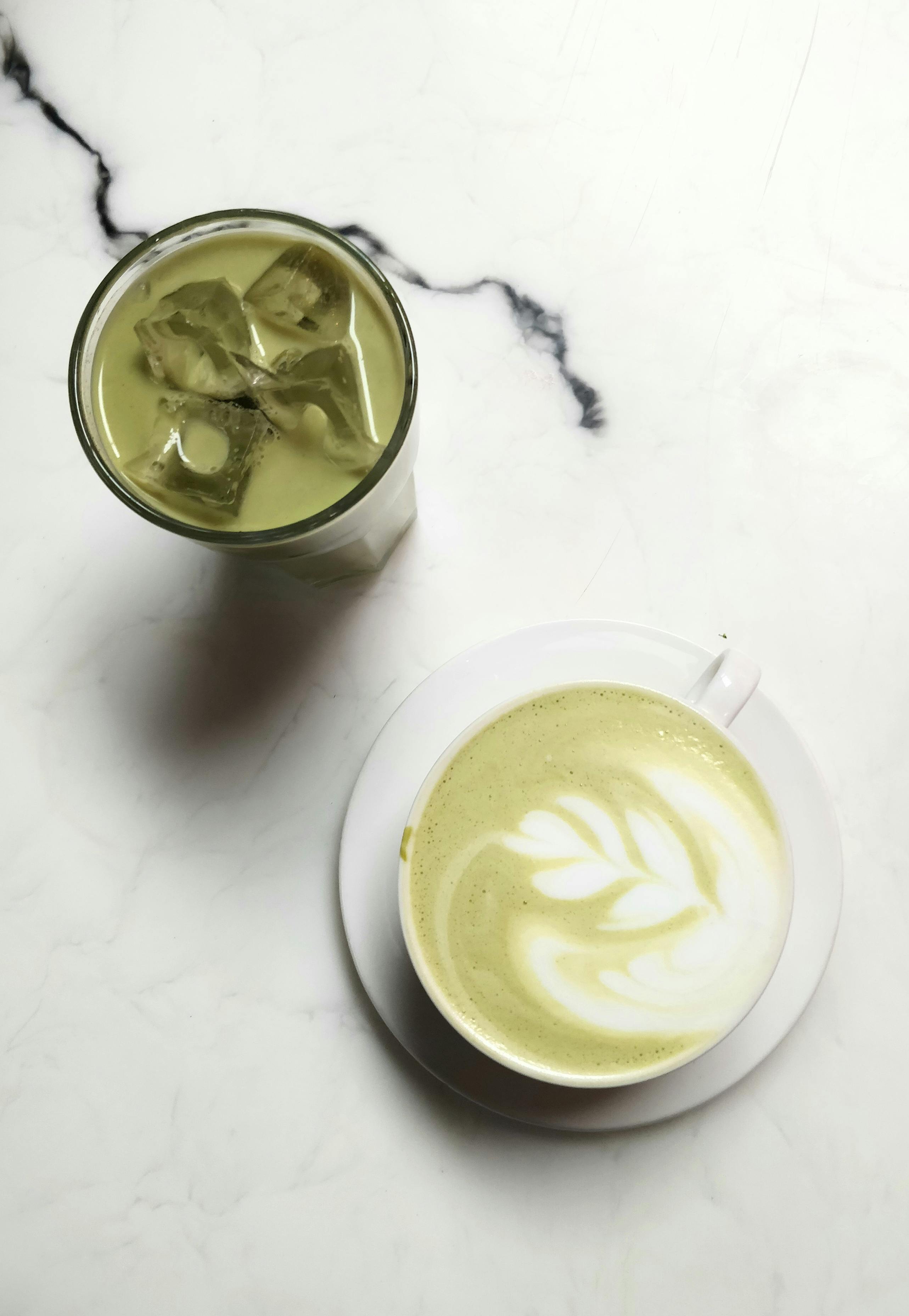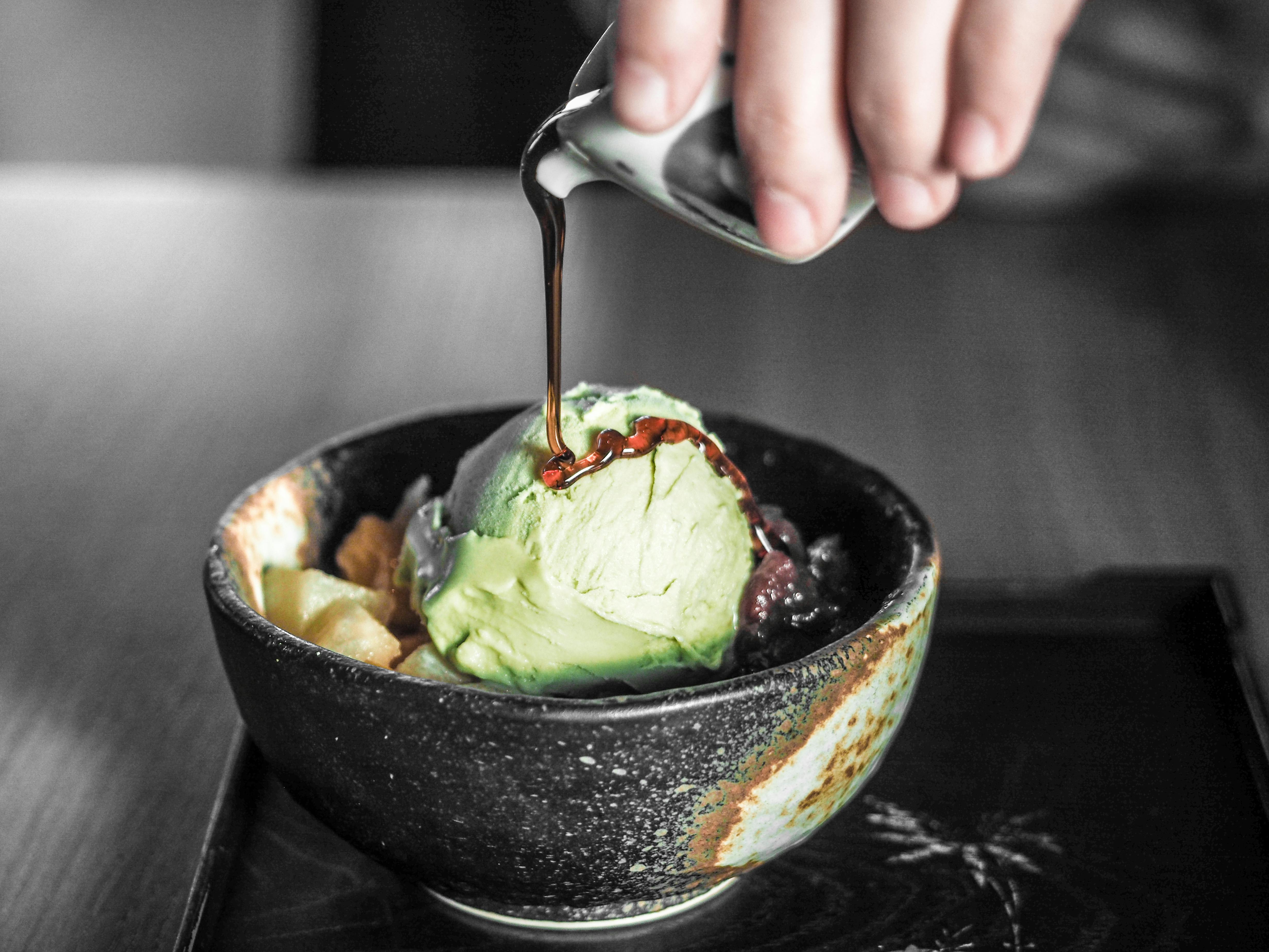How Your Matcha Chia Seed Pudding May Be Setting You Up For A Lifetime Of Better Health Outcomes
Green tea has long been celebrated for its health benefits, but in recent years, its powdered counterpart, matcha, has taken center stage in wellness communities. Both teas come from the same plant, Camellia sinensis, yet their preparation methods and nutrient concentrations result in unique health benefits.
While green tea is brewed and then discarded, matcha is made by consuming the entire powdered leaf, delivering a concentrated dose of wellness in every sip. For anyone on a journey toward a cleaner, more vibrant lifestyle, understanding the differences and the shared benefits between green tea and matcha can be a small step with a big impact.
Rich Source of Antioxidants
One of the most widely recognized benefits of green tea and matcha is their antioxidant content. Both are rich in a powerful group of antioxidants called catechins, particularly epigallocatechin gallate (EGCG), which is known for its ability to combat free radicals. These compounds help protect cells from oxidative stress, potentially lowering the risk of chronic illnesses and premature aging.

Because matcha involves ingesting the whole tea leaf rather than just the infusion, it offers a significantly higher concentration of these antioxidants. Some studies estimate that matcha provides at least three to ten times the antioxidant content of regular green tea, making it an excellent daily habit for those looking to fortify their internal defense system.
Cognitive Function and Mental Wellbeing
Green tea and matcha benefits don’t end with cellular health, they support mental health and cognitive clarity, too. Thanks to a natural combination of caffeine and the amino acid L-theanine, both teas offer a boost in alertness without the overstimulation that often comes with coffee or energy drinks.
L-theanine promotes calm and focus by increasing alpha brain wave activity, making matcha and green tea ideal choices for tasks that require concentration. Regular consumers often report improved mood, better memory, and lower levels of anxiety, especially when sipping matcha as part of a daily mindfulness routine.
Liver and Detoxification Benefits
Emerging research suggests green tea and matcha may support liver health by helping to prevent cellular damage and improve metabolic function. Animal studies and limited human trials indicate that these teas may protect the liver from toxins and promote overall organ health.
Matcha, in particular, contains high levels of chlorophyll, a natural compound that helps the body remove heavy metals and other toxins. By aiding the body’s detox systems, matcha serves as a gentle yet effective daily ally in maintaining internal balance.
More Than Just a Drink
While sipping a warm cup of matcha is a time-honored ritual, its uses don’t end there. Matcha’s smooth, earthy flavor and vibrant color make it a versatile ingredient in everything from baked goods to chia seed puddings and smoothies. Whether you’re whipping up a matcha latte or experimenting with matcha-infused treats, the key is to use high-quality powder that retains both flavor and nutritional value.

Not all matcha is created equal, and that’s where Shayna’s Kitchen comes in. Their Certified Organic Ceremonial Grade Matcha is carefully sourced and finely ground to ensure purity, potency, and rich flavor. With Shayna’s Kitchen, you can enjoy all the benefits of matcha without worrying about industrial agricultural chemicals used in its production or compromised quality.
If you’re looking for a simple, natural way to support your body and mind, introducing matcha into your daily routine might be the perfect start. To take the first step toward a more vibrant you, explore Shayna’s Kitchen’s ceremonial-grade matcha and discover how a single cup can lead to lasting change.
Shayna’s Kitchen
